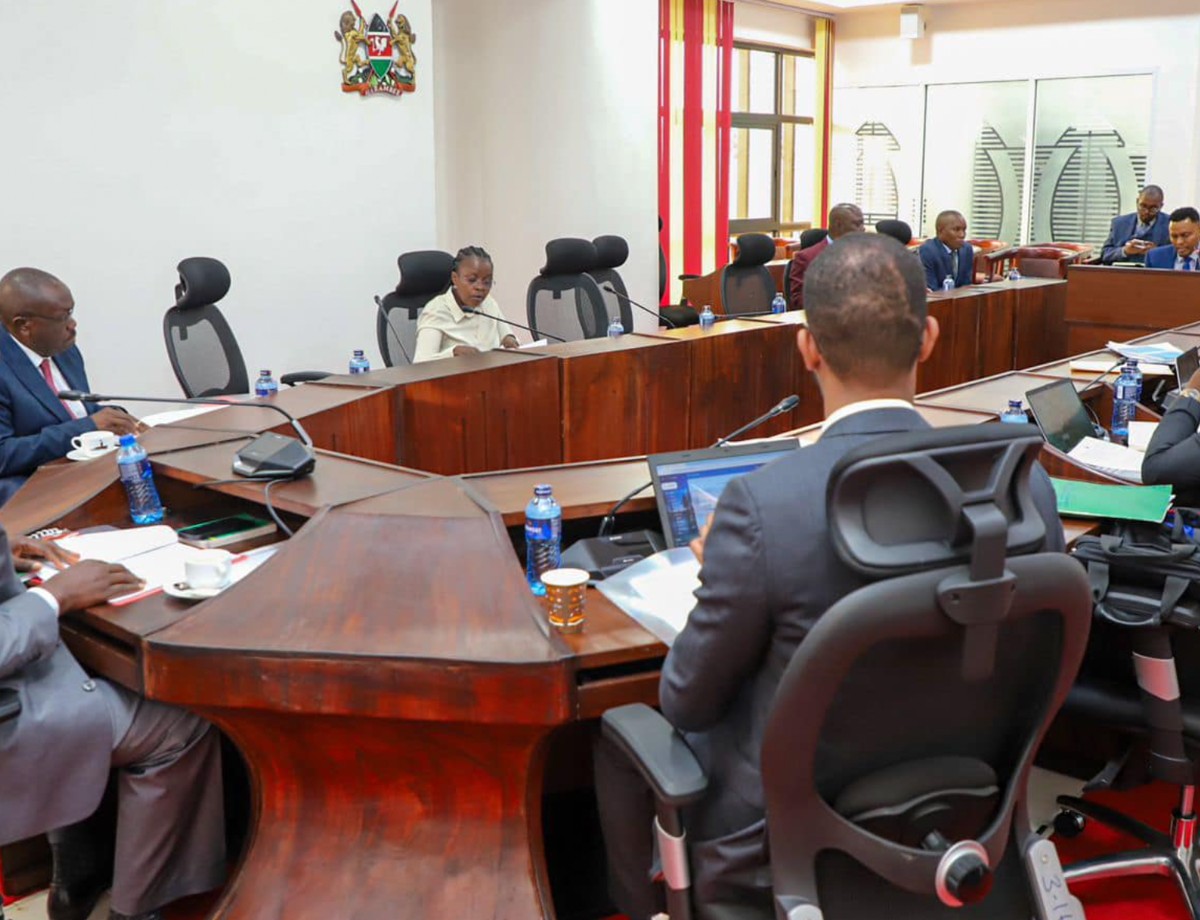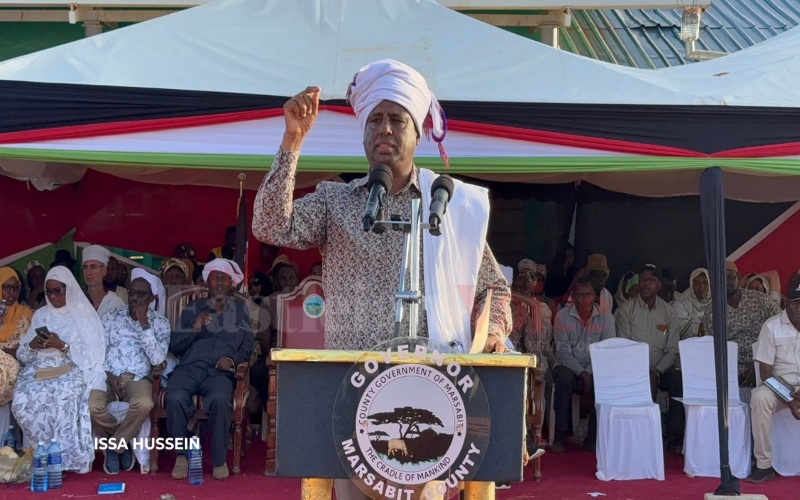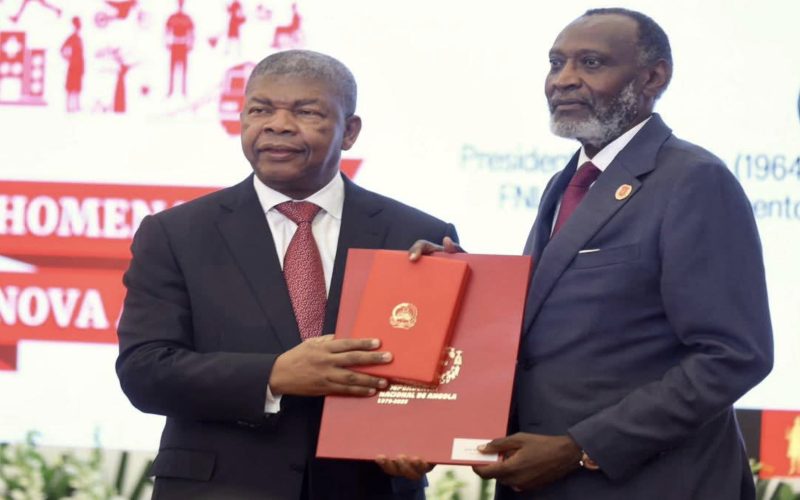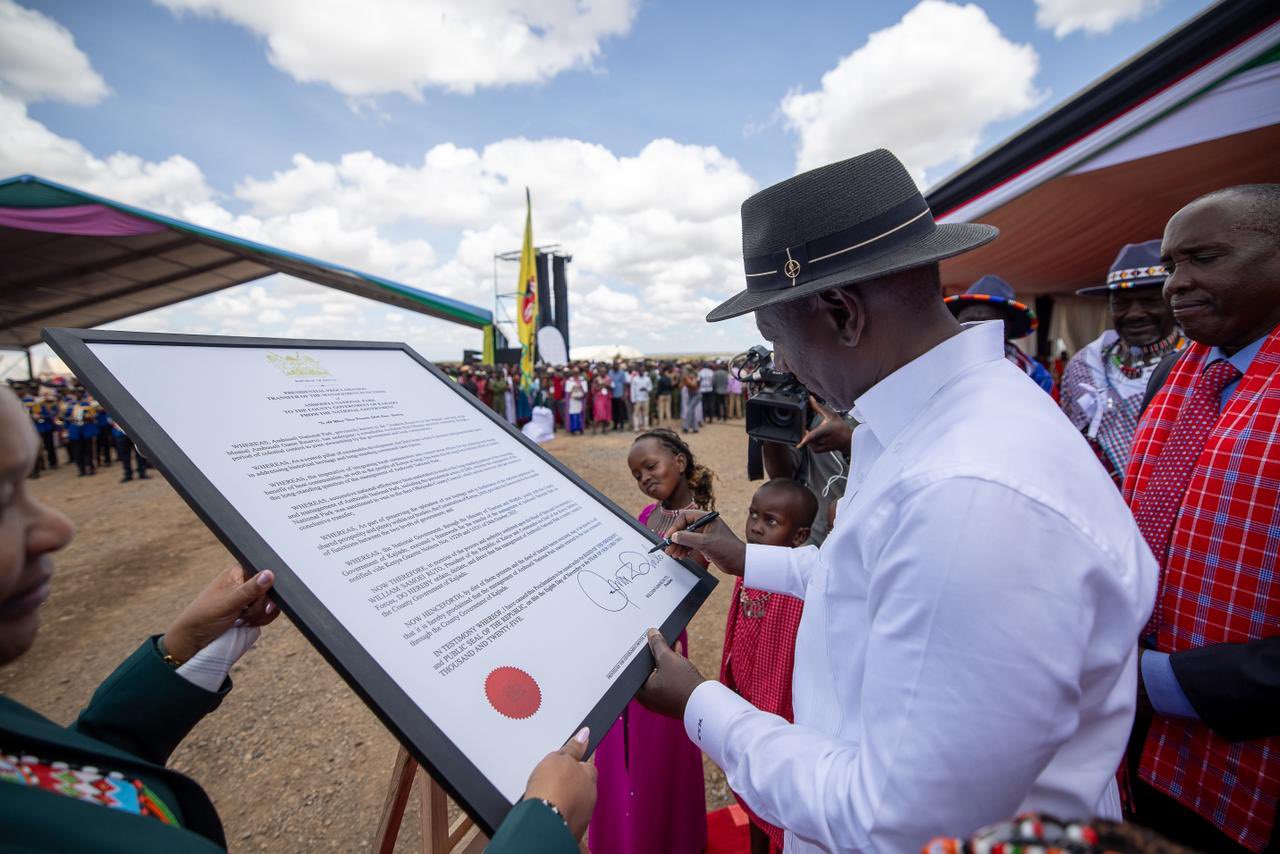CoB: Billions in potential revenue lost amid weak enforcement in counties

The review for the financial year ending June 30, 2025, reveals that counties fell short of their own-source revenue (OSR) targets by 23 per cent, leaving many unable to fully implement their budgets.
Counties across Kenya continue to lose billions in potential revenue as outdated systems, poor record-keeping, and weak enforcement hamper collections, a new Controller of Budget (CoB) report shows.
The review for the financial year ending June 30, 2025, reveals that counties fell short of their own-source revenue (OSR) targets by 23 per cent, leaving many unable to fully implement their budgets.
More To Read
- Parliament strikes deal to release Sh70.6 billion additional funds to counties after prolonged standoff
- Unequal infrastructure slows county development, new index shows
- Bursary battle deepens as counties push for full control over education
- Senator Sifuna blasts National Assembly over county budget cuts
- Billions locked in stalled county projects across the country - CoB Margaret Nyakang'o
- Treasury warns billions at risk as counties rely on third-party revenue systems
“In FY 2024-25, county governments missed the Sh87.67 billion OSR target by Sh20.37 billion (23 per cent),” the report notes.
The Commission on Revenue Allocation (CRA) has estimated that counties could generate Sh250 billion annually from their own resources if operations were efficient.
Yet the report shows that several counties are performing well below their capacity.
Siaya collected only 47 per cent of its target, Kajiado 55 per cent, Machakos 56 per cent, and Isiolo 58 per cent. Other laggards include Taita Taveta (64 per cent), Bungoma (65 per cent), Kisumu (65 per cent), Kakamega (65 per cent), and Nairobi (66 per cent).
The CoB attributes the shortfall to several operational weaknesses. Many counties still rely on manual revenue collection methods, which are vulnerable to fraud, leakage, and underreporting.
Efforts to digitise collections have either stalled or remain incomplete, leaving systems fragmented. Counties such as Baringo, Garissa, and Lamu were highlighted as facing serious gaps in automation, undermining efficiency and transparency.
“County governments should prioritise complete automation of all revenue streams through robust, integrated systems that guarantee real-time collection, reconciliation, and reporting,” the report recommends.
Outdated taxpayer databases and valuation rolls further restrict counties’ ability to bill correctly and tap new revenue sources, particularly property rates.
Baringo, Kajiado, and Lamu have failed to update valuation records, limiting their collection capacity. Enforcement of revenue laws is also weak, with unclear or poorly applied penalties leading to widespread non-compliance.
The CoB flagged Baringo, Garissa, and Makueni as having weak monitoring and limited staff capacity.
“County treasuries should institute clear penalties, strengthen compliance monitoring frameworks, and invest in capacity building and modern tools for revenue staff,” the CoB advised.
The report also draws attention to risks caused by excessive cash handling, delays in banking daily collections, and poor reconciliation practices. Such gaps expose public funds to misuse and revenue leakages.
The CoB recommends reducing cash handling through digital payment solutions, timely banking, and strengthened internal controls.
Most counties still depend on traditional sources of revenue, including property rates, business permits, market fees, and parking charges.
Other streams, such as outdoor advertising, natural resource cess, quarry royalties, entertainment taxes, liquor licensing, and income from county-owned assets like bus parks, remain largely untapped.
Emerging sectors, including tourism, fishing, mining, and solid waste management, also present opportunities for additional revenue. However, outdated systems, weak oversight, and limited innovation continue to block counties from fully benefiting.
As a result, counties remain heavily dependent on national transfers, restricting their financial independence and slowing local development. The report warns that without urgent reforms, local governments will continue to underperform and struggle to meet citizen expectations.
Top Stories Today














































